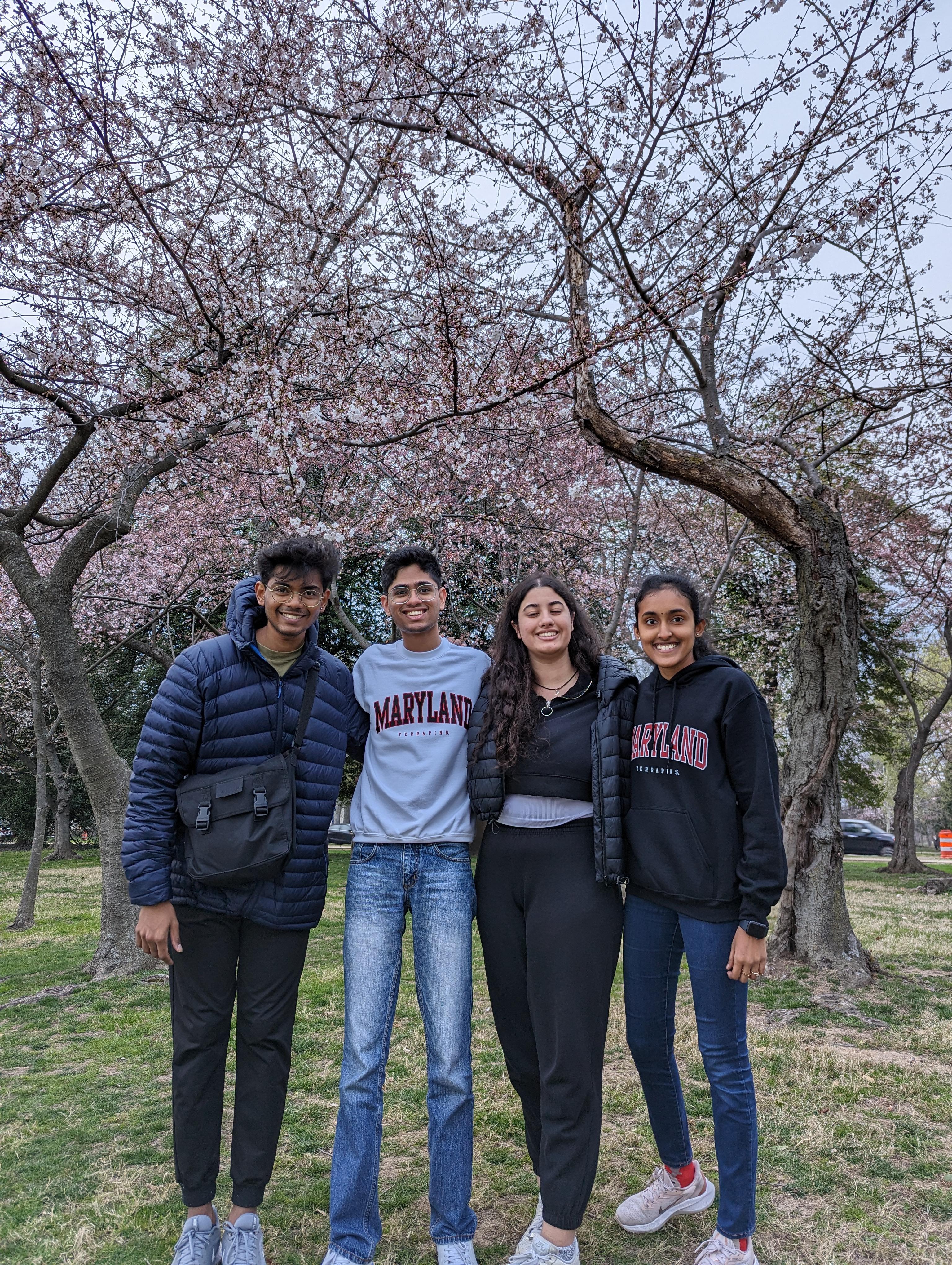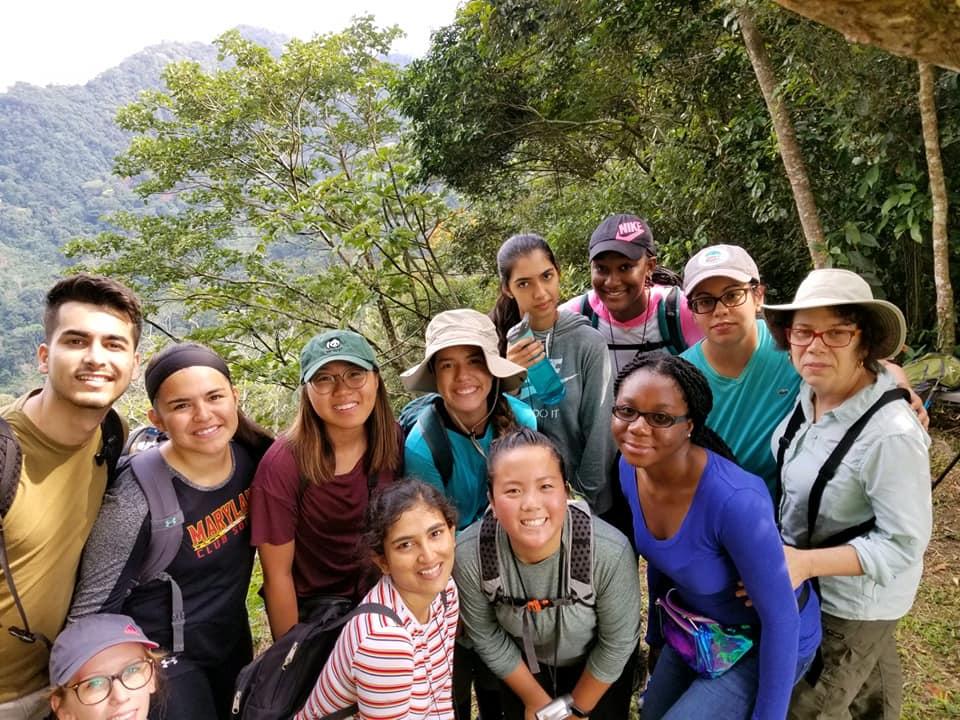Building Global Partnerships
We Collaborate to Change the World
The challenges we face today are grand and global in scale, requiring participation from us all to take them on. Discover how you can join the cause with international partners from around the world.
Types of Global Partnerships

Global Classroom
is an opportunity for a Maryland instructor and a colleague at an international peer institution to offer cross-cultural, virtual, and project-based learning. Explore current Global Classrooms opportunities.

Student Exchange
allow students at each institution to take classes, as non-degree students, at the other institution for a semester or an academic year. To propose a new student exchange, contact Education Abroad.
Collaborative Academic Programming
are programs Maryland has with international partners including jointly taught courses, exchange agreements for degree seeking international students, and master’s programs embedded within a peer’s program.
Faculty Exchange
allows teaching and research staff at one institution to carry out their duties at the other under conditions similar to those at their home institution. Provisions for salary, housing, travel expenses, all need formal agreement.
Joint Research
can involve many types of collaborations, including the establishment and/or sharing of laboratory facilities and other resources, and short-term lab stays by students and staff at the partner institutions.
Joint Research - Universitas 21
Maryland’s membership in the Universitas 21 (U21) consortium of leading global research universities offers a variety of vehicles and venues for developing joint research projects with colleagues at other member institutions.
A global partnership is a collaboration with an international entity that includes a formal, written agreement between Maryland and the partner institution signed by authorized officers of each party. These formal agreements most often arise from existing, informal collaborations between individuals and units at Maryland and colleagues around the globe.
Any unit or member of Maryland’s permanent staff can propose a formal collaboration with an international partner institution. The main prerequisite is a plausible plan for the collaboration that has the support of the sponsor’s unit and college/school/division. A previous track record of informal collaboration between the Maryland sponsor and the proposed partner is a plus.
The most frequent reason for proposing a global partnership between Maryland and an international peer is the desire or need to share institutional resources in support of an existing informal collaboration.
For example, if you and your partner want your students to take courses for credit at each other’s institutions, then there needs to be a formal agreement between the institutions on how that is to be done, because those Maryland course credits need to be paid for.
Or, if your department wants to exchange faculty with a department at an international partner on a regular basis, then there needs to be a formal agreement between the schools on how that is to be done, since there are institutional services, facilities and other resources involved.
Not necessarily. If your collaboration with an international partner does not involve the exchange of institutional resources and you do not plan a more intensive relationship, then there is no need to create an agreement to formalize the relationship. In fact, Maryland generally prefers to avoid international agreements that are not connected to a substantive plan for collaboration. Unsure? Visit this Decision Tree for International Academic Agreements.
Once you have approval from your unit and college/school/division, the next step in establishing a global partnership is normally the crafting and signing of a Memorandum of Understanding (MOU) between Maryland and the partner institution. This is a very general document, indicating that the leaders of the two institutions support more specific cooperation between them. Learn more about creating a basic MOU. An MOU is normally accompanied—or followed soon—by a detailed programmatic agreement, such as a student exchange or joint degree program.
To find out where, with whom, and in what ways Maryland partners globally, explore this interactive map. The Maryland Division of Research has special initiatives with some of these institutions.

